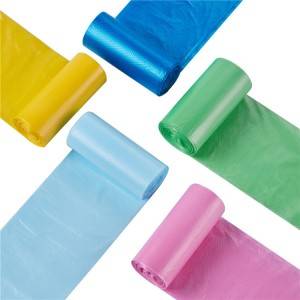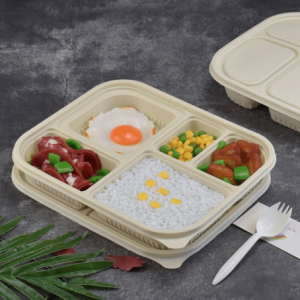Biodegradable PBAT PLA Flat Open Bag
Product parameters
|
Product Name
|
Biodegradable PBAT PLA Flat Open Bag |
|
Raw Material
|
Cornstarch/PBAT/PLA
|
|
Customized
|
Size,Printing logo,Color,Packing,and so on
|
|
Sample Time
|
10 Working Day
|
|
Advantage
|
No plastic, Non-toxic,100%biodegradable and compostable, Eco-friendly
|
|
Product Time
|
20 days after confirm the order,base on the QTY
|
|
Usage
|
School,Hospital,Library,Hotel,Restaurant,Supermarket,Grocery,And so on
|
|
Shipping Way
|
Sea,Air,Express
|
|
Payment
|
General take TT,Alibaba Credit Insurance Orders,Others payment also can be discuss
|
|
Certification
|
EN13432,AS4736,AS5810,BPI
|
Product advantages
So the key factor to achieve high capture rates, and subsequently diversion of food waste to landfills,means cleanliness and convenience for citizens. The use of Biodegradable PBAT PLA Flat Open Bag instead of conventional plastics offers some additional advantages in this respect:
• The bag itself does not introduce additional contamination to the final compost produced;
• According to a large dataset of waste composition analyses performed in Italy, using biodegradable bags sensitizes citizens not to insert non-compostable items in the food waste bin (while the use of plastic bags generates confusion as they are clearly not compostable);
• Biodegradable PBAT PLA Flat Open Bag, being transpiring, allow for the use of vented kitchen caddies, which dramatically reduce both odours, leachate (thus avoiding the ‘yuck’ factor, which impairs citizens’participation) and the weight of food waste collected;
• Biodegradable PBAT PLA Flat Open Bag also allow for an easy visual inspection of the contents, when used in kerbside organic waste collection schemes.


In these experiences the use of compostable plastics, often delivered for free to households, has to be considered as part of the general management scheme for enhancing the participation in organic waste collection and recycling into quality compost.
The presence of post-consumer plastics by error or negligence into source separated food and garden waste represents a problem for composting facilities; conversely, the use of Biodegradable PBAT PLA Flat Open Bag used to separately collect food waste can strongly improve the quality of organic waste. According to the Italian Composting and Biogas Association - CIC32, if collection from households is carried out with traditional (non-biodegradable) polyethylene bags, the expected content of non-compostable materials (NCM) inside bio-waste is about 9%, while if the collection is performed with compostable bags the level of NCM can drop to 1.4%. So the biodegradable plastics sector potentially can enhance the recovery process of organic waste delivered to composting and biogas plants, if biodegradable plastics used for separate collection are compostable.
Product application
Families are the largest producer group of food waste. Hence, it is important to ensure that source separation of food waste is convenient, manageable and clean. This can be achieved by equipping each family with small kitchen caddies and compostable bags or liners.
The use of Biodegradable PBAT PLA Flat Open Bag for organic waste collections and incorporating them in the waste treatment process is a proven procedure in many countries with a developed sector for organic recycling. However, this approach is sensitive to the misuse of conventional plastic bags for bio-waste collection. In addition, misunderstanding of the compostability of plastic products, mostly packaging, often leads to the disposal of such products in organic waste bins. In order to avoid contamination of organic waste collected for composting, major awareness and education initiatives are necessary to inform policy makers and the public about what kinds of biodegradable plastics can and cannot be composted.

Write your message here and send it to us











